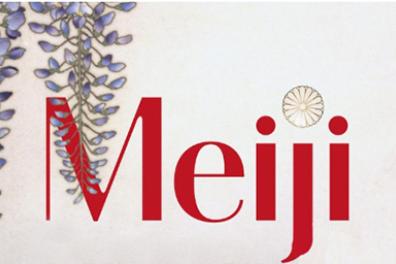Lumières de Meiji conference. Building modern Japan (1868-1912)

On October 23, 1868, an imperial decree proclaimed Japan's entry into the Meiji era. This era ended on July 30, 1912, with the death of the emperor who had embodied the emergence of a new power in East Asia.
Although Western pressure, symbolized by the arrival of Perry's black ships in 1853, led to the political turmoil that brought about the fall of the Tokugawa shogunate, the country as a whole was from then on subject to profound movements that led it to redefine itself and find a new place in the world order.
"Meiji"? The name comes from the ancient Classic of Mutations: "The Holy Man governs (ji), turned towards clarity (mei)". Ignoring this Chinese origin, the new era has often been equated with an opening onto the "Enlightenment of the West", only to add that, from the late 1880s, Japan was headed for the dark days of imperialism that led it straight into the militarism of the 1930s-1940s.
In order to better understand the particularities of this complex era, and to avoid both black legends and irenic narratives, the aim of this symposium was to present several facets of the construction of modern Japan, in political and social terms, as well as in terms of religion, literature and thought, and the life of the arts.
Emmanuel Lozerand